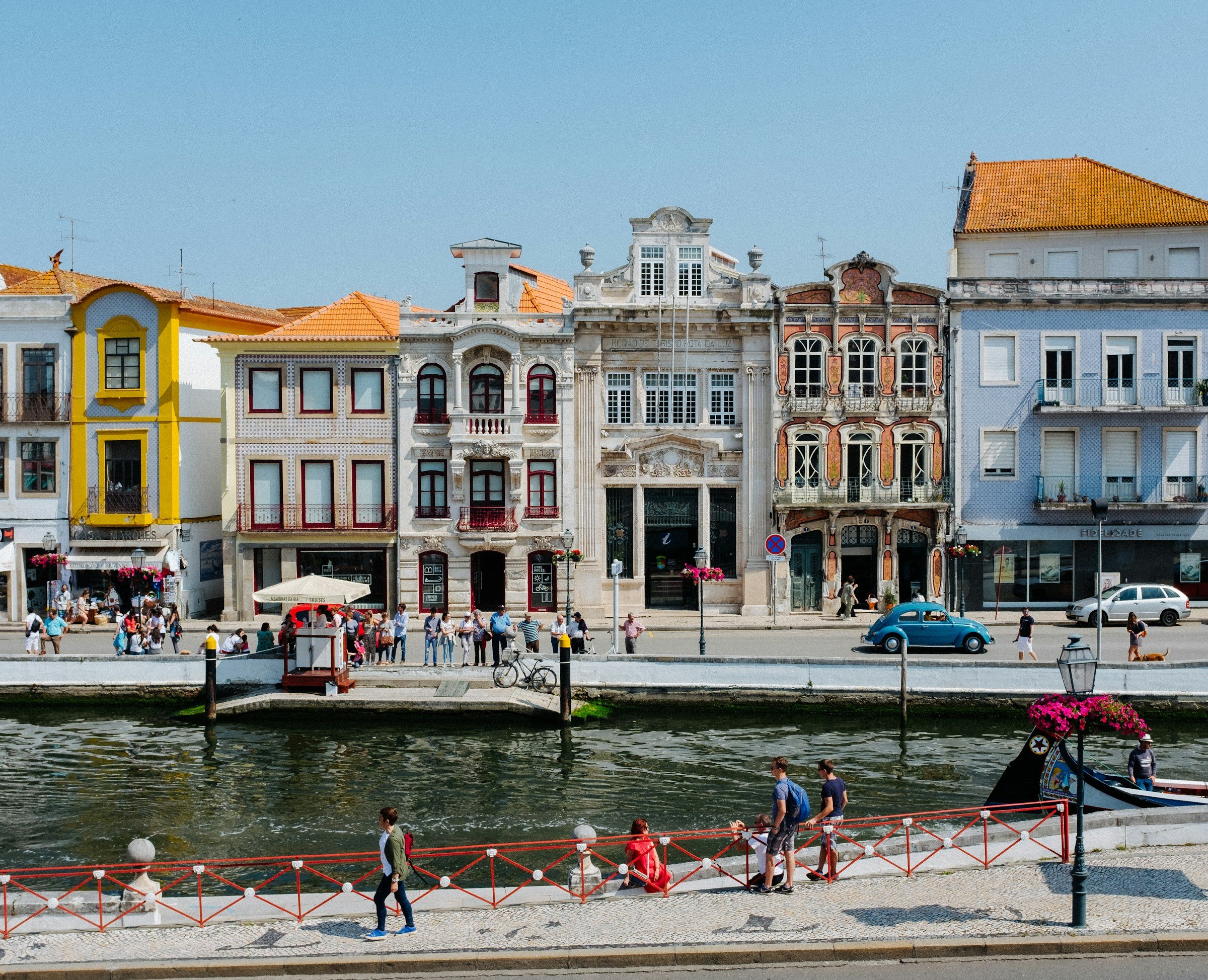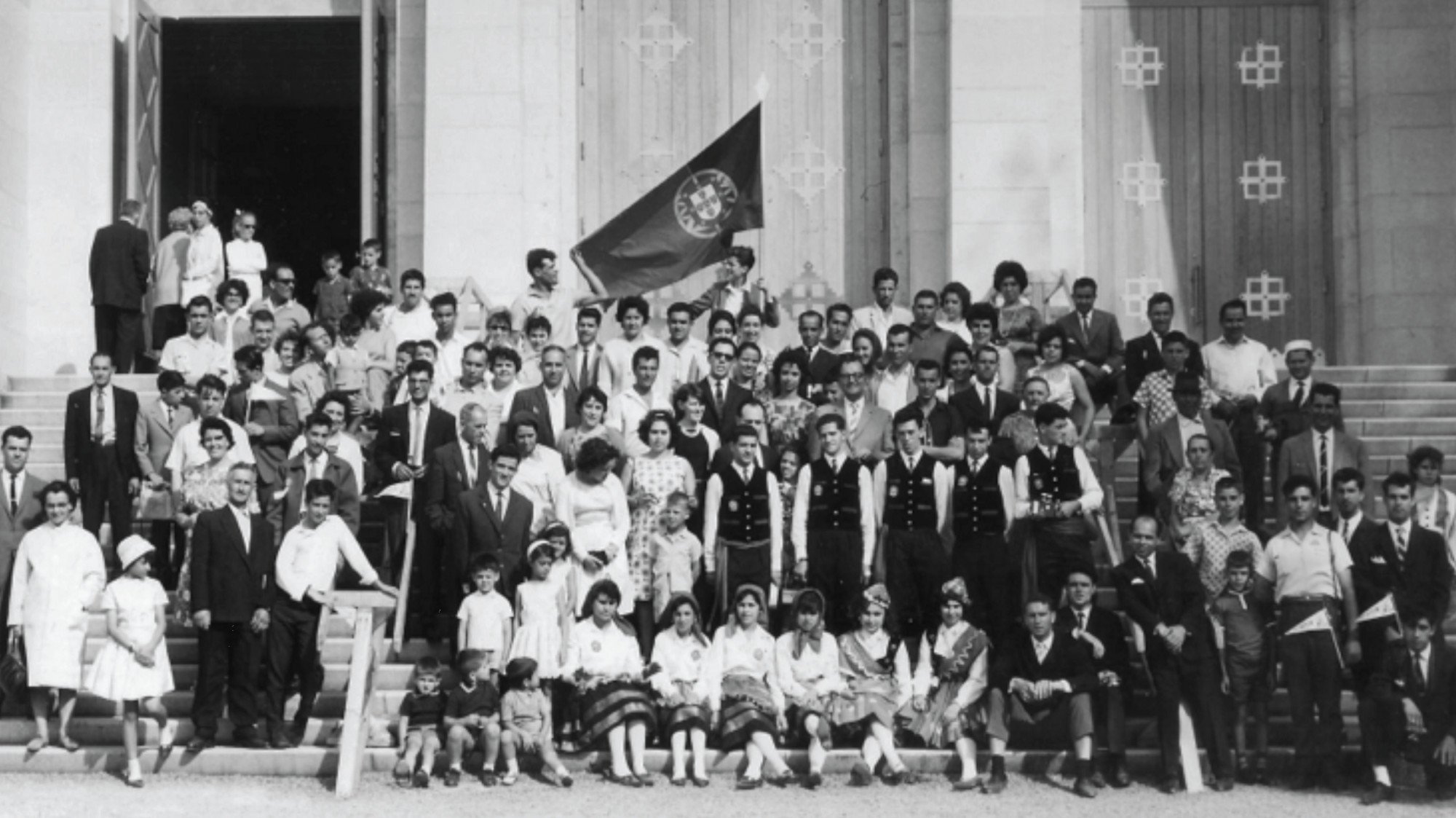
Discover Toronto’s Portuguese Immigrant Legacy
The varied experiences of its immigrant communities have created a rich tapestry in Toronto, one of Canada’s most diversified cities. Of them, the Portuguese immigrant history is particularly noteworthy as evidence of tenacity, cultural diversity, and camaraderie. Portuguese Canadians have a lasting impact on Toronto’s social, cultural, and economic landscape from their early arrival in the late 19th century to their crucial role in forming the city today. Explore and take in the rich legacy of Portuguese immigration in Toronto by reading this article.
An Overview of History
Many Portuguese immigrants from the Azores and Madeira Islands arrived in Toronto in the late 1800s, marking the beginning of their voyage. These pioneers fled political upheaval and economic hardship in search of better prospects in Canada. They established the groundwork for a thriving community by initially settling mostly in urban areas, particularly in the downtown region and in communities like Kensington Market and Little Portugal.
Early Portuguese immigrants frequently worked in labour-intensive occupations including manufacturing, construction, and fishing. They developed a strong feeling of community and supported one another in spite of many obstacles, such as social integration and language problems. Their perseverance and commitment throughout time enabled them to prosper and made a substantial contribution to the expansion of the city.
Cultural Inputs
In Toronto, where customs, food, and celebrations honour their rich past, the cultural legacy of Portuguese immigrants is deeply felt.
Delicious Foods
Toronto’s culinary industry is anchored by Portuguese cuisine, which is renowned for its robust meals and bright flavours. Portuguese cuisine may be found in various eateries, bakeries, and markets across the city, including pastéis de nata (custard tarts), caldo verde (green soup), and classic bacalhau (salted cod). There are lots of restaurants in neighbourhoods like Little Portugal where guests may savour real Portuguese food and get a delectable taste of the local cuisine.
Events and Festivals
Toronto’s Portuguese heritage is celebrated in large part through cultural festivals. Celebrations such as the Festa de São João and the Festa do Espírito Santo unite locals and tourists to celebrate their heritage with dancing, music, and traditional food. Everyone is welcome to join in and enjoy the rich cultural tapestry that the Portuguese community has created thanks to these lively festivals that foster a sense of joy and unity.
Dancing and Music
Portuguese culture is fundamentally based on music, and Toronto is heavily influenced by it. The community finds great resonance in traditional fado music, which is distinguished by its mournful and heartfelt tones. Fado is frequently performed by local musicians at social events and cultural gatherings, giving spectators a chance to witness the emotional depth of this art form. Toronto’s cultural scene is further enhanced by the performance of folk dances like the Vira and Chula at festivals.

Participation of the Community
Toronto’s Portuguese population is distinguished by a strong feeling of group identity and belonging. In order to preserve their legacy and promote relationships among community members, organisations, cultural centres, and churches are essential.
Cultural Institutions
Numerous cultural institutions, including the Portuguese Cultural Centre of Toronto, act as focal points for community involvement by providing workshops, events, and materials that honour Portuguese culture. These groups put in a lot of effort to teach the next generation about their heritage and promote engagement with cultural customs.
Networks of Support
Toronto’s Portuguese community is renowned for its close-knit communities, where members help one another out through social events, mutual aid, and get-togethers. These relationships strengthen the value of cultural identity among younger generations by fostering a sense of pride and belonging.
Exploring Toronto’s Portuguese Heritage
Beyond festivals and cuisine, experiencing the heritage of Portuguese immigrants in Toronto entails interacting with the community, learning about its past, and valuing its contributions to Canadian society. You can immerse yourself in this rich heritage in the following ways:
Visit museums and cultural centres.
Discover the history of Portuguese immigrants and their effects on the city by visiting cultural centres devoted to Portuguese heritage. Artefacts, images, and narratives that honour their journey and contributions are frequently included in exhibits.
Participate in Community Events and Festivals
Take part in neighbourhood celebrations and festivals to get a personal look at the culture. Enjoy traditional dance, music, and cuisine while interacting with locals who are happy to share their customs and tales.
Investigate Little Portugal
Wander around the Little Portugal area, which is home to a variety of Portuguese eateries, retail establishments, and cultural centres. Interact with neighbourhood companies and discover the friendly welcome that characterises this thriving neighbourhood.
In conclusion
A rich and enduring tribute to the fortitude, tenacity, and cultural contributions of this group is the history of Portuguese immigrants in Toronto. Both tourists and locals can better understand the part Portuguese Canadians have had in forming the city’s character by learning about their past through food, celebrations, and community involvement.
The tales and customs of Portuguese immigrants serve as a reminder of the value of community and the significance of conserving and honouring our varied pasts as Toronto continues to embrace its multicultural fabric. The legacy of Portuguese immigrants in Toronto encourages everyone to learn about and value the rich heritage that still flourishes in our vibrant city, whether it be through enjoying traditional cuisine, dancing to fado music, or taking part in lively events.
